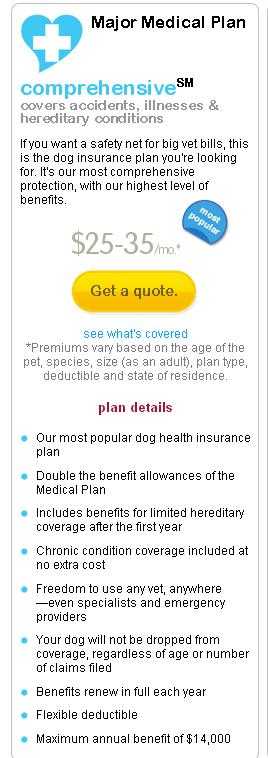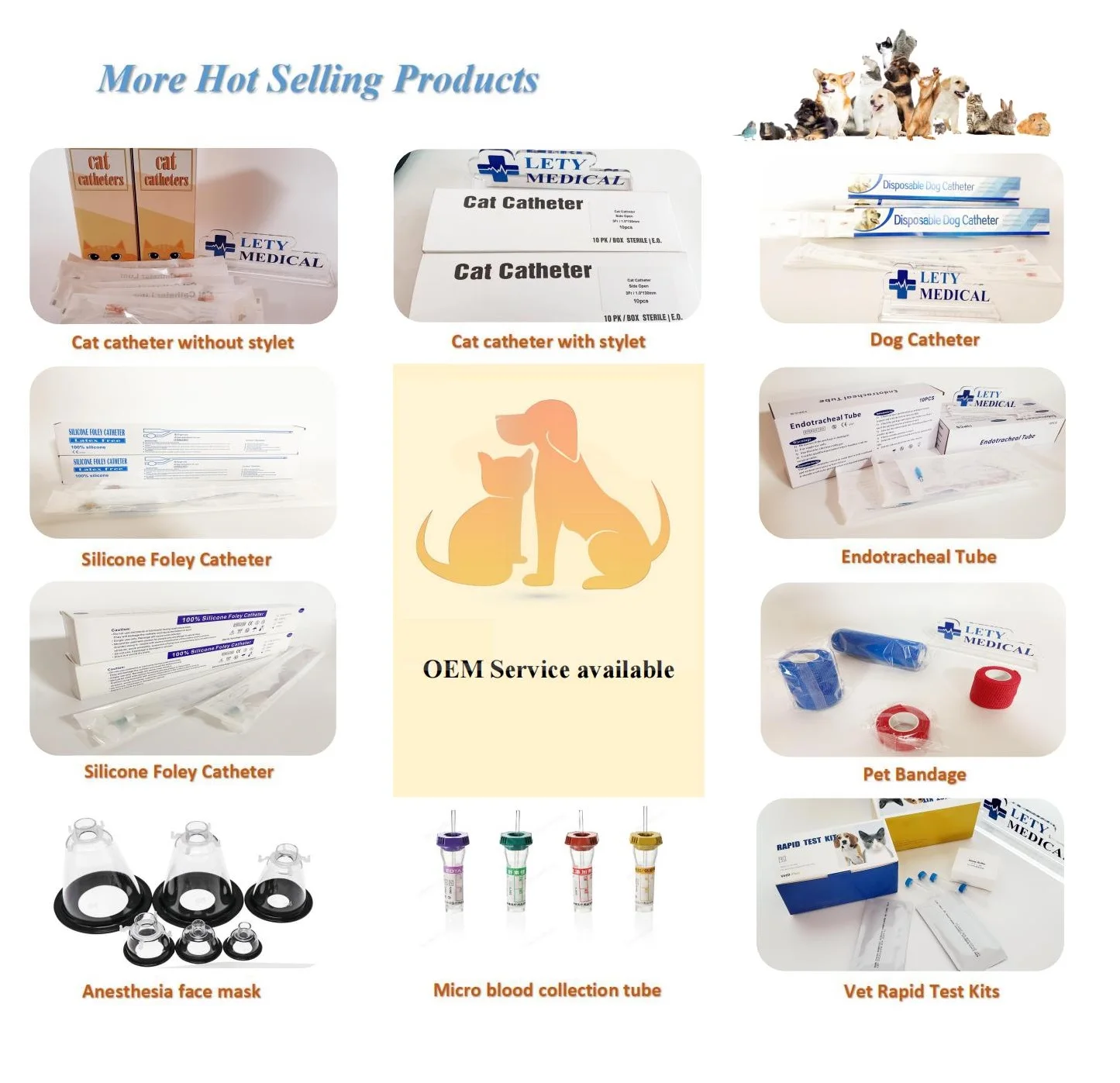Pet Insurance Plans That Cover Cataract Surgery: Your Comprehensive Guide
Caring for your furry friend is a lifelong commitment that extends beyond daily meals and walks. As pets age, they face a myriad of health challenges, inclu……
Caring for your furry friend is a lifelong commitment that extends beyond daily meals and walks. As pets age, they face a myriad of health challenges, including cataracts. Cataracts are a clouding of the lens in the eye, which can lead to vision impairment or blindness. Fortunately, pet insurance plans that cover cataract surgery exist, providing peace of mind for pet owners. In this comprehensive guide, we'll explore the intricacies of pet insurance plans, focusing on those that specifically cover cataract surgery.
### Understanding Pet Insurance and Cataract Surgery
Before diving into the details of pet insurance plans that cover cataract surgery, it's essential to grasp the basics of pet insurance. Pet insurance provides financial protection for unexpected veterinary expenses, including surgeries, medications, and treatments. By enrolling your pet in a pet insurance plan, you can mitigate the financial burden associated with their healthcare needs.
Cataract surgery, specifically, involves the removal of the clouded lens and the implantation of a new one. This procedure is necessary for pets with severe cataracts to restore their vision. While cataracts can occur in both dogs and cats, they are more common in older pets, particularly those with certain breeds, such as the American Cocker Spaniel and the Bulldog.
### Choosing the Right Pet Insurance Plan
Selecting a pet insurance plan that covers cataract surgery involves several considerations. Here are some key factors to keep in mind:

1. **Coverage Limits**: Ensure the plan has adequate coverage limits for cataract surgery. Some plans may have a cap on the amount they will cover for a specific condition.
2. **Deductibles**: Understand the deductible required for the plan. This is the amount you must pay out-of-pocket before the insurance kicks in. Consider your budget and the likelihood of your pet needing cataract surgery.
3. **Reimbursement Rate**: Look for plans that offer a high reimbursement rate for veterinary expenses. This can help offset the cost of cataract surgery.
4. **Network of Vets**: Ensure the plan covers a network of veterinary hospitals and clinics where your pet can receive care.
5. **Policy Terms and Conditions**: Read the fine print to understand any exclusions, limitations, and waiting periods associated with cataract surgery coverage.

### Popular Pet Insurance Plans Covering Cataract Surgery
Several pet insurance plans offer coverage for cataract surgery. Here are a few popular options:
- **Trupanion**: Trupanion is known for its comprehensive coverage, including cataract surgery. They offer a 90-day waiting period and a $500 deductible, with a 90% reimbursement rate for eligible veterinary expenses.
- **PetPlan**: PetPlan is another top choice for pet insurance. They provide coverage for cataract surgery, with a 30-day waiting period and a $100 deductible. PetPlan offers a 90% reimbursement rate for eligible expenses.
- **Vetcom**: Vetcom is a well-regarded pet insurance provider that covers cataract surgery. With a 30-day waiting period and a $100 deductible, Vetcom offers a 90% reimbursement rate for eligible veterinary care.

### Conclusion
Ensuring your pet has access to the care they need, including cataract surgery, is crucial for their well-being. By selecting a pet insurance plan that covers cataract surgery, you can provide your furry friend with the financial security they deserve. Remember to carefully review the policy terms and conditions, coverage limits, and deductibles to find the plan that best fits your pet's needs and your budget. With the right pet insurance plan, you can enjoy peace of mind knowing that your pet is well-protected against the costs associated with cataract surgery.